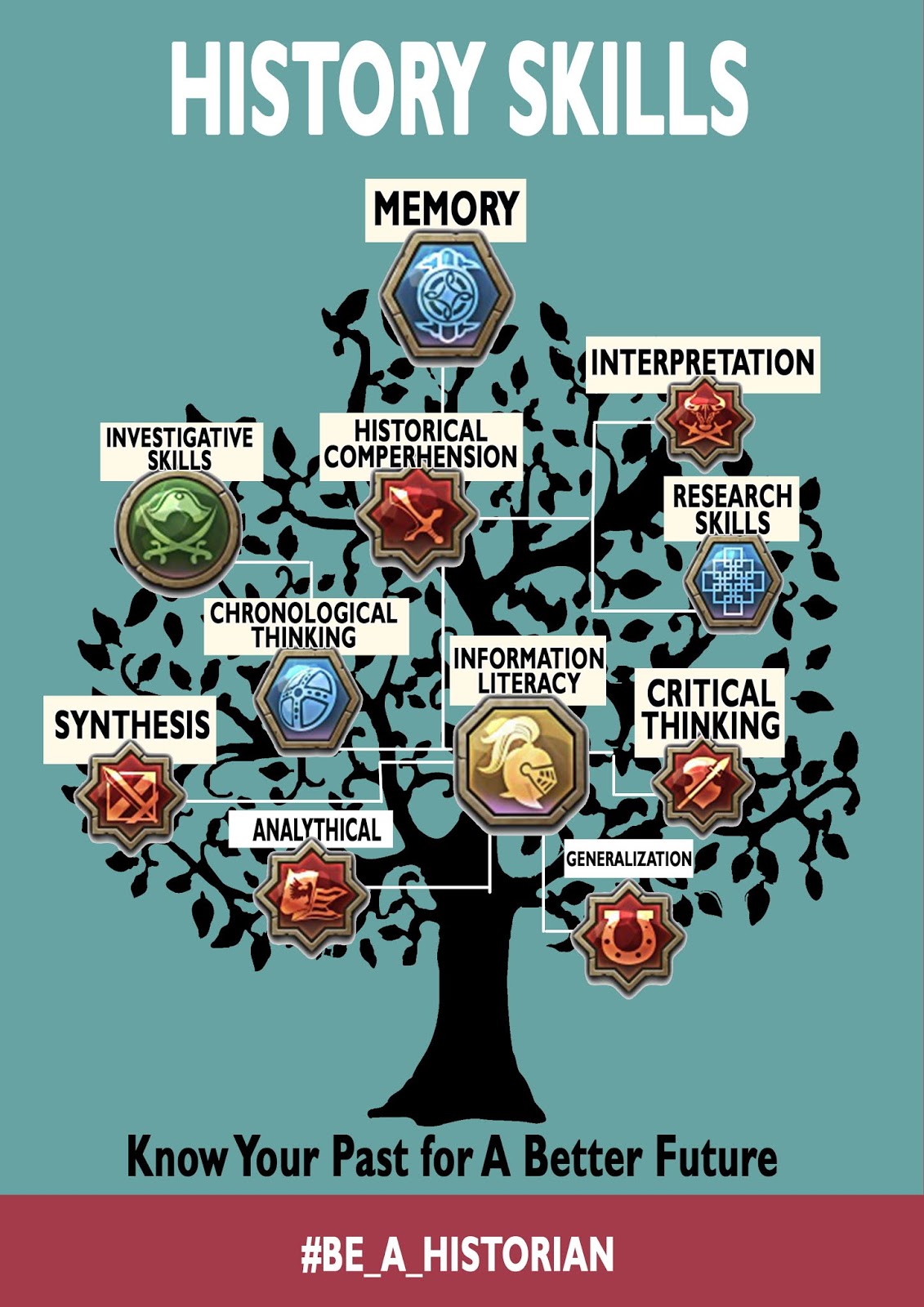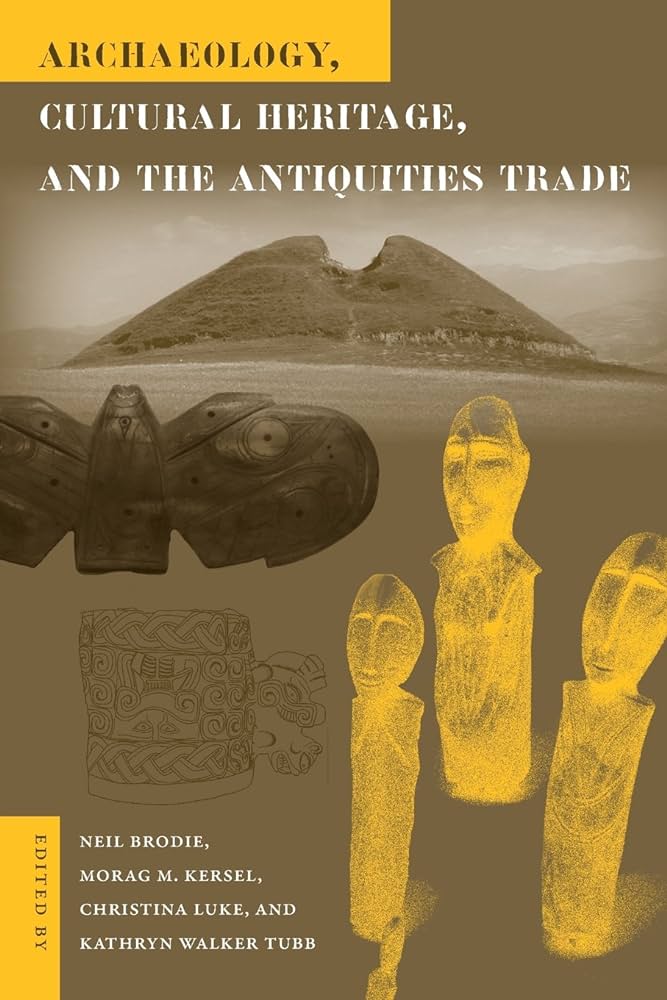Uncovering Your Ancestry: A Guide to Genealogical Research
Are you curious about your family’s history and eager to discover your roots? Genealogical research can be an exciting and fulfilling journey that connects you to your ancestors and provides insight into your heritage. In this comprehensive guide, we will walk you through the essential steps of uncovering your ancestry, enabling you to embark on a captivating adventure of exploration and self-discovery.
1. Start with What You Know
Begin your genealogical quest by gathering information about your immediate family members, along with any documents, photographs, or heirlooms that may hold valuable clues about your ancestry. Interview older relatives to capture their memories and oral traditions. This initial step serves as a foundation for further research.
2. Organize Your Findings
To keep track of your discoveries and avoid confusion, create a system for organizing your genealogical research. Utilize software tools such as Family Tree Maker or online platforms like Ancestry.com to store and manage your data effectively. Adopting an organized approach saves time and facilitates collaboration with other family members.
3. Research Vital Records
Vital records such as birth certificates, marriage licenses, and death certificates are fundamental sources of information for genealogical research. Start with modern records and work backward through the generations. Consult official archives, local government offices, or online databases that provide access to these vital documents. Pay attention to the details as they can unlock hidden branches in your family tree.
4. Explore Census Records
Census records are invaluable resources for tracing your family history. Conduct comprehensive searches through national and regional census records, which provide essential demographic and familial information. Online platforms like FamilySearch and MyHeritage offer access to vast collections of historical census data.
5. Uncover Immigration and Naturalization Records
If your ancestors migrated to a different country, immigration and naturalization records can reveal their journey and provide details about their arrival. Explore immigration passenger lists, ship manifests, and naturalization records, which often contain valuable data like names, ages, occupations, and countries of origin. Check websites like Ellis Island and Library and Archives Canada for extensive immigration records.
6. Tap into Military Records
Military records can offer valuable insights into your ancestors’ military service and potentially unveil previously unknown stories. Research military records through sources like the National Archives in your country, which house comprehensive collections of military service records, draft cards, and medals. Remember to search for enlisted men as well as officers when exploring military databases.
7. Dig into Local and Historical Archives
Local and historical archives, such as libraries, historical societies, and university archives, are treasure troves of information about specific regions or communities. Dive into local newspapers, city directories, church records, and cemetery records to unearth valuable nuggets of genealogical data. Visit these archives or explore their online catalogs to access a wealth of historical resources.
8. Leverage DNA Testing
DNA testing has revolutionized genealogical research, allowing individuals to uncover genetic connections and discover relatives they may not have known existed. Consider taking a DNA test through reputable services like AncestryDNA, MyHeritage DNA, or 23andMe. Analyzing your DNA results and connecting with potential relatives can provide new avenues for expanding your family tree.
9. Join Online Communities and Forums
Engage with like-minded genealogists by joining online communities, forums, and social media groups. These platforms offer opportunities to share research findings, seek advice, and connect with distant relatives who may be on similar genealogical quests. Collaborating with others can accelerate your research and provide fresh perspectives.
10. Document and Preserve Your Findings
As you uncover your ancestry, document your sources meticulously. Cite every piece of information with accurate references, keeping meticulous notes and records. Share your findings with family members, creating a lasting legacy for future generations. Consider compiling your research into a family history book or creating a digital family tree to preserve your hard work.
Embark on your genealogical journey armed with these essential steps. The thrill of uncovering long-lost branches of your family tree and connecting with your heritage awaits. Start your research today and let your ancestors’ stories come to life, enriched by the discoveries you make along the way. Happy genealogical exploring!











